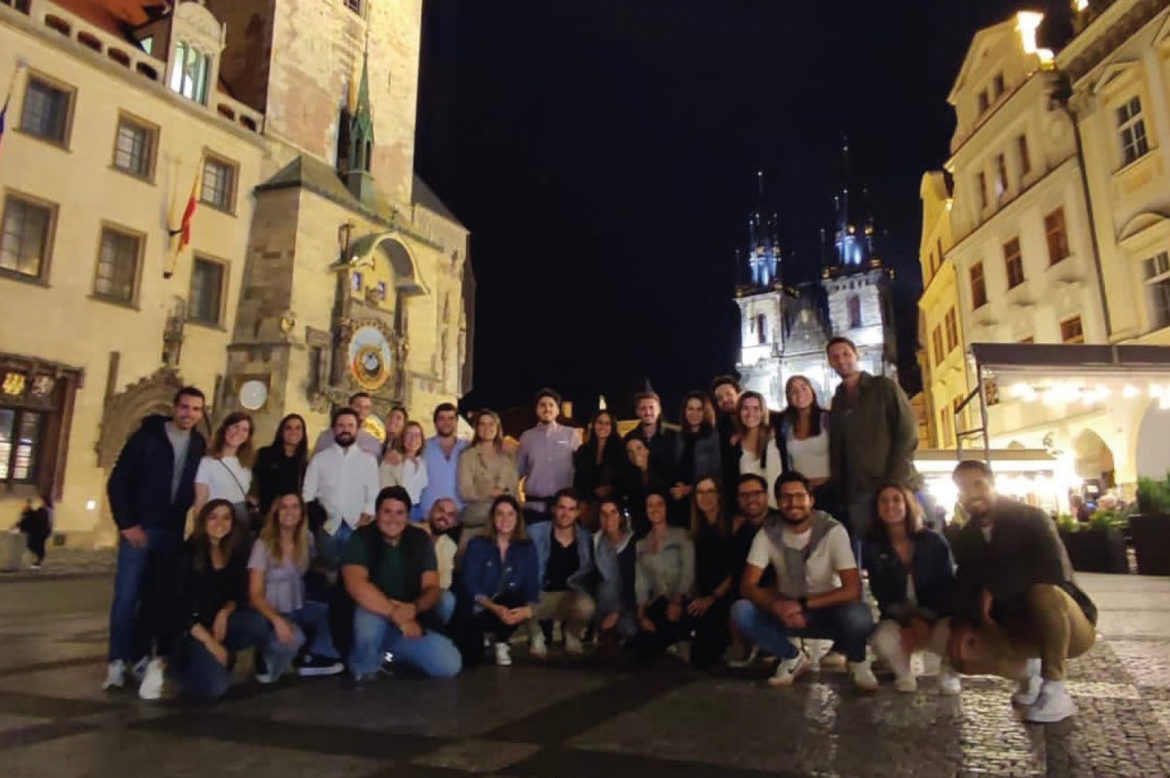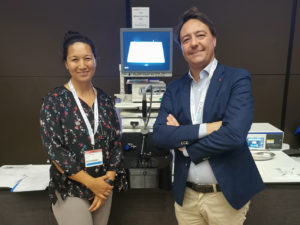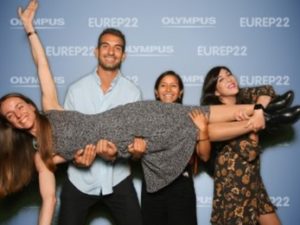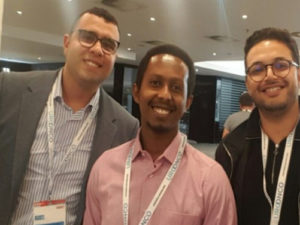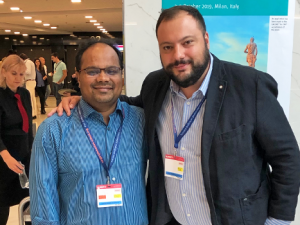By Dr. Rigoberto Pallares-Méndez
University Hospital “Dr. José Eleuterio González” Monterrey (MX)
This report focuses on events and impressions I had while attending the 20th European Urology Residents Education Programme (EUREP22) which took place in Prague, Czech Republic from 2 to 7 September 2022.
First of all, I would like to express my gratitude to the Confederación Americana de Urología (CAU) for providing me with the chance to get this scholarship grant and take this excellent course. I think participating in EUREP is an amazing experience for residents.
The exchange of ideas and the discussions of how various diseases are handled in different countries were very valuable, eye-opening and important.
Furthermore, comparing the technologies available in various countries and the diverse trends in the diagnosis, treatment, and follow-up of diseases were quite interesting topics as well. In addition, EUREP22 was also a very social event which offered a wonderful chance to meet new people and establish new connections with others.
The EUREP22 programme comprised of six days that covered general urology divided in five main modules:
Uro-oncology
This module focused on the diagnosis and management of testis, penile, bladder, and renal cancers as well as upper tract urothelial cancer.
Prostate cancer (PCa) and male voiding lower urinary tract symptoms (LUTS)
Participants received fundamentals and updates on LUTS treatment together with screening, early detection, staging, and treatment for localised and locally advanced PCa.
Andrology, stones and upper tract endourology
Some of the topics covered by this module included male infertility, penile curvature, priapism, aetiology, medical management and prophylaxis of urolithiasis, and more.
Functional urology
This module provided vital information on topics such as stress urinary incontinence in women, assessment and management of Neurogenic bladder dysfunction, and fundamentals of urodynamics, to name a few.
Paediatric urology, trauma and infection
Essentials of obstructive uropathy, diagnosis and management of urogenital trauma, and congenital malformations of the external genitalia were some of topics discussed during this
Receiving lectures from those who directly contribute to the EAU Guidelines demonstrated that the EUREP22 programme offered high-level content.
The schedule was jam-packed with lectures from 8:00 a.m. to 6:00 p.m. with a hands-on training programme that took place before or after the lectures. The programme included a free afternoon on a Sunday, during which a nice evening of karaoke was organised.
This social experience was also very helpful for the group’s integration. In conclusion, the EUREP is an exceptional programme and of the highest level, making it a wonderful learning opportunity for residents from EAU-member associations.

